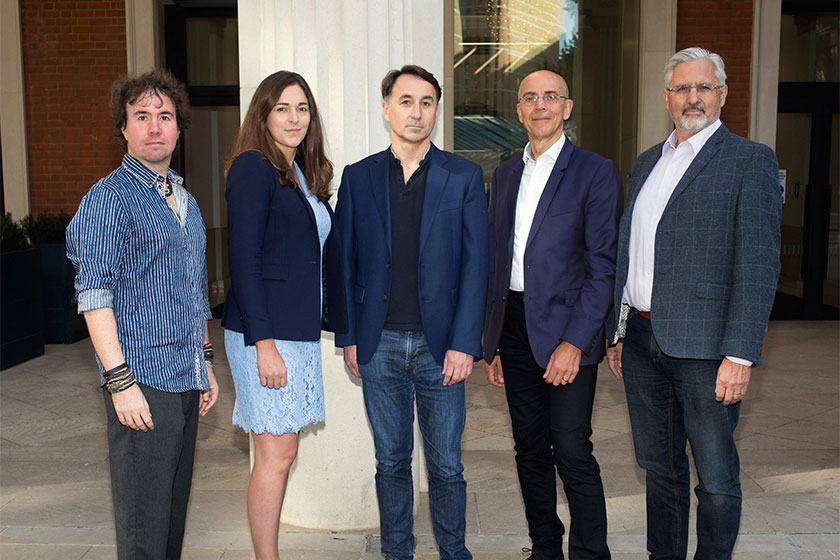
Partner:Mercia
Region:West Midlands
Location:Birmingham

A Birmingham company responsible for developing a new eco-friendly wastewater treatment system that could reduce pollution in rivers and seas has raised £700,000 to help it launch its technology to the market.
Industrial Phycology (I-Phyc) has secured the funding from the MEIF Proof of Concept & Early Stage Fund, which is managed by Mercia and part of the Midlands Engine Investment Fund, and the University of Bristol Enterprise Fund, which is managed by Parkwalk. The company, which was previously based in Bristol, has now relocated its headquarters to Birmingham and is creating 19 new jobs in the city.
I-Phyc’s system uses the natural power of algae to remove nutrients from sewage and wastewater. Not only can it reduce pollutants such as phosphorous and nitrogen, but the biomass that is recovered can be used to generate biogas or fertiliser. The system also helps operators to reduce their carbon footprint as the algae captures and retains carbon emissions.
Unlike other systems which rely on light being shone on the surface of the algal mixture, I-Phycs uses lighting to penetrate the depth of the mix, which improves its effectiveness and drastically reduces the size of tank required, making it ideal even for smaller treatment plants.
The company was founded in 2012 by CEO Dr Dan Murray, a former academic and algae expert who was awarded grants totaling £3.5m to help develop the technology. The firm has already carried out one successful trial with Wessex Water at Avonmouth sewage works and is currently demonstrating the technology at a plant in Weston-super-Mare. The latest funding will support the building of its team in Birmingham as the firm prepares to make its first commercial sales.
Russell Bright, the company’s Chairman, said: “UK rivers drastically need improvement, with only 14 per cent meeting the minimum ‘good’ standard. Although new regulations aim to impose a major reduction in the level of phosphorus in wastewater, many sewage plants cannot achieve this with their existing technology and some smaller ones cannot remove phosphorus at all. I-Phyc’s technology offers a chemical-free and natural solution that could help clean up our polluted coasts and rivers.”
Jo Slota-Newson, Investment Manager at Mercia, added: “I-Phyc’s team are amongst the world’s leading experts in the use of algae for water treatment and are working to solve the twin global issues of phosphorus pollution in water and shortage of phosphorus for other purposes. We believe the technology has huge potential, not only for sewage treatment but also for use in fishing, farming and industry, in the UK and worldwide.”
Grant Peggie, Director at the British Business Bank, said: “It is great to see another innovative, growing business secure investment, as this is a key priority for the Midlands Engine Investment Fund and our LEP partners. We would encourage other expanding businesses in the Midlands to consider the funding available through the MEIF.”
Pat Hanlon, Director for Access to Finance at Greater Birmingham and Solihull Local Enterprise Partnership (GBSLEP), said: “This is yet another example of an ambitious and innovative business which has chosen to base its operations in Birmingham. The environment is one of the key global issues of this generation, so to welcome leading experts from a key sector to the city will undoubtedly prove to be a huge boost to the already extensive skillset we can offer in the region.”
The Midlands Engine Investment Fund project is supported financially by the European Union using funding from the European Regional Development Fund (ERDF) as part of the European Structural and Investment Funds Growth Programme 2014-2020 and the European Investment Bank.
If you would like to meet with one of MEIF's appointed Fund Managers to talk in more detail please go to Funds Available to find the Fund Managers operating in your area